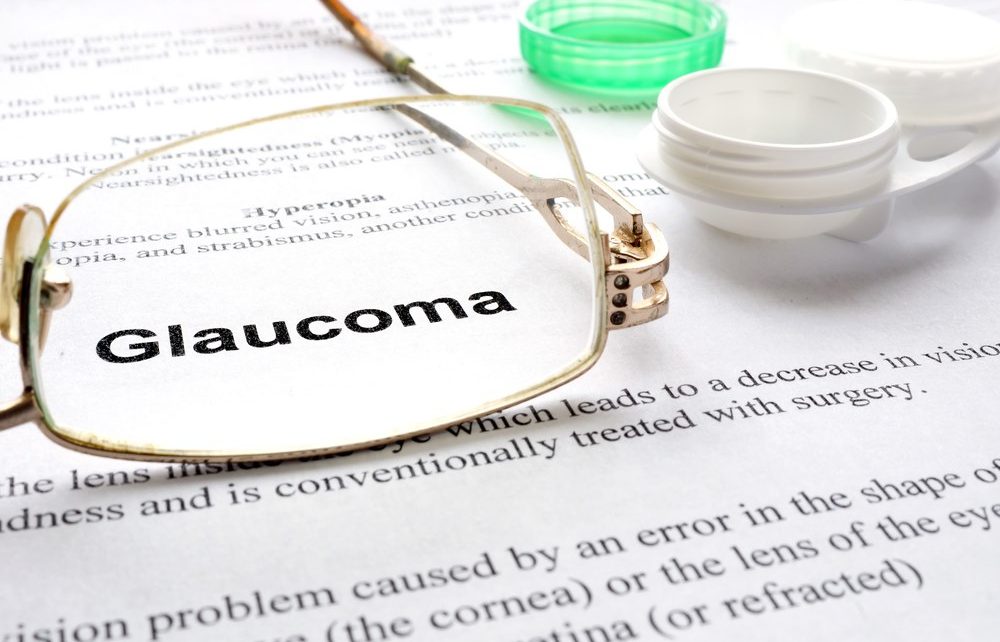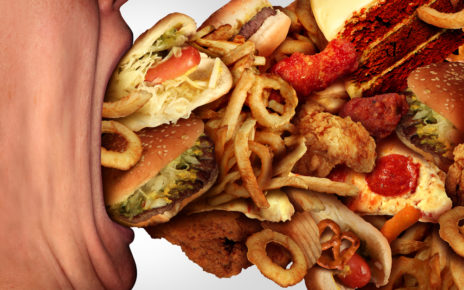Does keto and glaucoma have a link? You may be surprised to learn that the keto diet was not originally devised for weight loss.
It was actually used to reduce seizures in children with epilepsy. It was initially used in cases where the medications for epilepsy was not helpful in treatment. Presently, it is popularly trending as a weight loss diet.
There is detailed research on the effect of the keto diet on epilepsy. However, there is limited research study on how the keto diet affects eye health. This is important because there have been reports that some persons who were treated for epilepsy with the keto diet experienced problems with vision. Although the issues were later reversed, it is necessary to know whether or not a low carb diet like the keto diet can affect eye health.
This article discusses one of the leading causes of irreversible blindness and whether or not the keto diet can protect eyesight.
What is Glaucoma?
Glaucoma is a disease that affects the eyes. It is regarded as one of the irreversible causes of blindness in the United States. It is caused by damage to the optic nerves in the eye. The optic nerves are responsible for vision, so any damage to these nerves will affect vision. The optic nerves are damaged due to abnormally high pressure in the eyes. The high pressure is as a result of a build-up of aqueous humor in the eyes. Glaucoma also tends to run in families, and this can increase the risk of developing the disease. The symptoms of glaucoma may not be noticed immediately. They may appear gradually until the advanced stage where vision is affected.
The symptoms of glaucoma vary based on the stage of the disease. Basically, there are two stages of glaucoma – open-angle glaucoma and acute angle-closure glaucoma. Some symptoms associated with the former include patchy blind spots affecting both eyes usually noticed in central or side vision. There could also be a tunnel vision as the disease progresses to the advanced stages. For the later stage of glaucoma, some symptoms include eye pain, blurred vision, and redness of the eyes. If left untreated, glaucoma ultimately results in irreversible blindness.
Other Causes of Glaucoma
Apart from increased pressure in the eyes, and the role genes may play, there are other factors that may cause glaucoma. Some of these other factors include
- Use of some medications such as corticosteroids and dilating eye drops
- Ocular trauma
- Several conditions causing restricted blood flow to the eyes. One of these conditions is diabetic retinopathy
There are also risk factors that could predispose one to this disease. Some of the risk factors are
- Age: People over 60 years are at a higher risk of developing glaucoma than those younger than 60.
- Medical conditions: Severe medical conditions like sickle cell anemia, diabetes, and heart disease may lead to a higher risk of glaucoma.
- A history of previous eye injury or past eye surgeries also puts one at risk.
Research on How Keto Can Help Manage Glaucoma
A study was carried out using mice with tendency to have glaucoma. The study was to see whether or not the ketogenic diet would have any effect on the mice. The mice used for this study is of a special breed known to develop glaucoma, usually in the tenth month of life. For the first nine months, the mice were fed high-carb meals. After this period, the diet was changed to the keto diet consisting of about 90% fat and only 10% carbohydrates. The goal of switching diet was to ensure the mice were in ketosis. To confirm this, the scientists measured the ketone levels of the mice. This process continued for a total of eight weeks, after which the mice were killed and observed.
The scientists used previous knowledge to ascertain whether or not the ketogenic diet prevented the mice from developing glaucoma. They knew that metabolic stress from mitochondrial dysfunction could cause axons to degenerate. The axons of the optic nerve in glaucoma are usually energy depleted and stressed. It is low energy and metabolic stress that generally results in problems with vision. They also knew that a low carb diet like keto could improve mitochondrial function. When the mice were observed, several results showed that the keto diet was helpful. It was noticed that there was no degeneration of the optic nerve cells, so the vision was not impaired. In fact, these cells were protected by antioxidants from the diet.
When there is glaucoma, there is usually a drop in energy levels, as mentioned earlier. In these mice, it was observed that the optic nerves had more than enough energy, so their function was not impaired. This increase in energy level was due to the rise in monocarboxylate transporter and mitochondria. Although the study was performed on mice, similar effects may be obtained in humans with glaucoma. This is because the cause of glaucoma in the mice is similar to what causes glaucoma in humans. As a result, the keto diet may be able to stop metabolic stress by improving mitochondrial function. The diet may also help by providing antioxidants that can help to prevent the degeneration of the cells of the optic nerve.
From the observation of these scientists, it may be safe to say that the keto diet may help prevent glaucoma in humans.
Conclusion– Keto And Glaucoma
The study described above showed several ways that keto diet can help prevent glaucoma. It is important to point out that the study was carried out on mice and not humans. In fact, there is no study that shows that the results for mice will be the same for humans. However, there were undeniably good points made about the keto diet and glaucoma. Before making any changes to diet, it is best to speak with a professional. This is important, especially if an individual has glaucoma or is at risk of developing the disease.
The keto diet was initially used as a treatment for epilepsy and other health conditions like Parkinson’s and Alzheimer’s disease. There were several reports of success following its use in medicine as a treatment for these health conditions. It is still popular for a number of other health benefits. Some of these benefits include weight loss, reduced blood pressure, low-density lipoproteins, and insulin levels. Many have used this diet and experienced the health benefits associated with it. Although there is limited research about the benefits of keto for glaucoma, it may be worthwhile to start with this diet and experience other health benefits.



